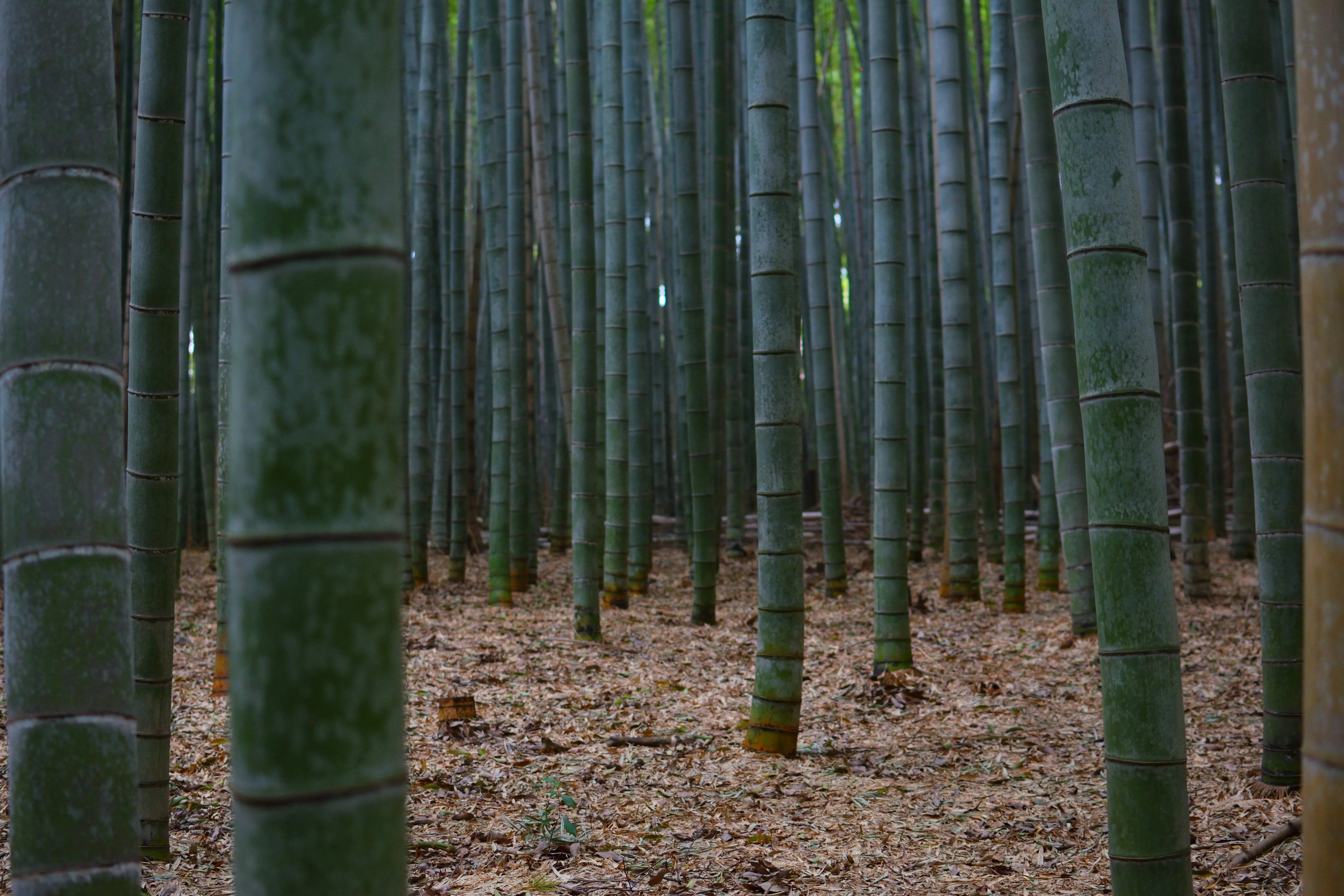What is Bamboo?
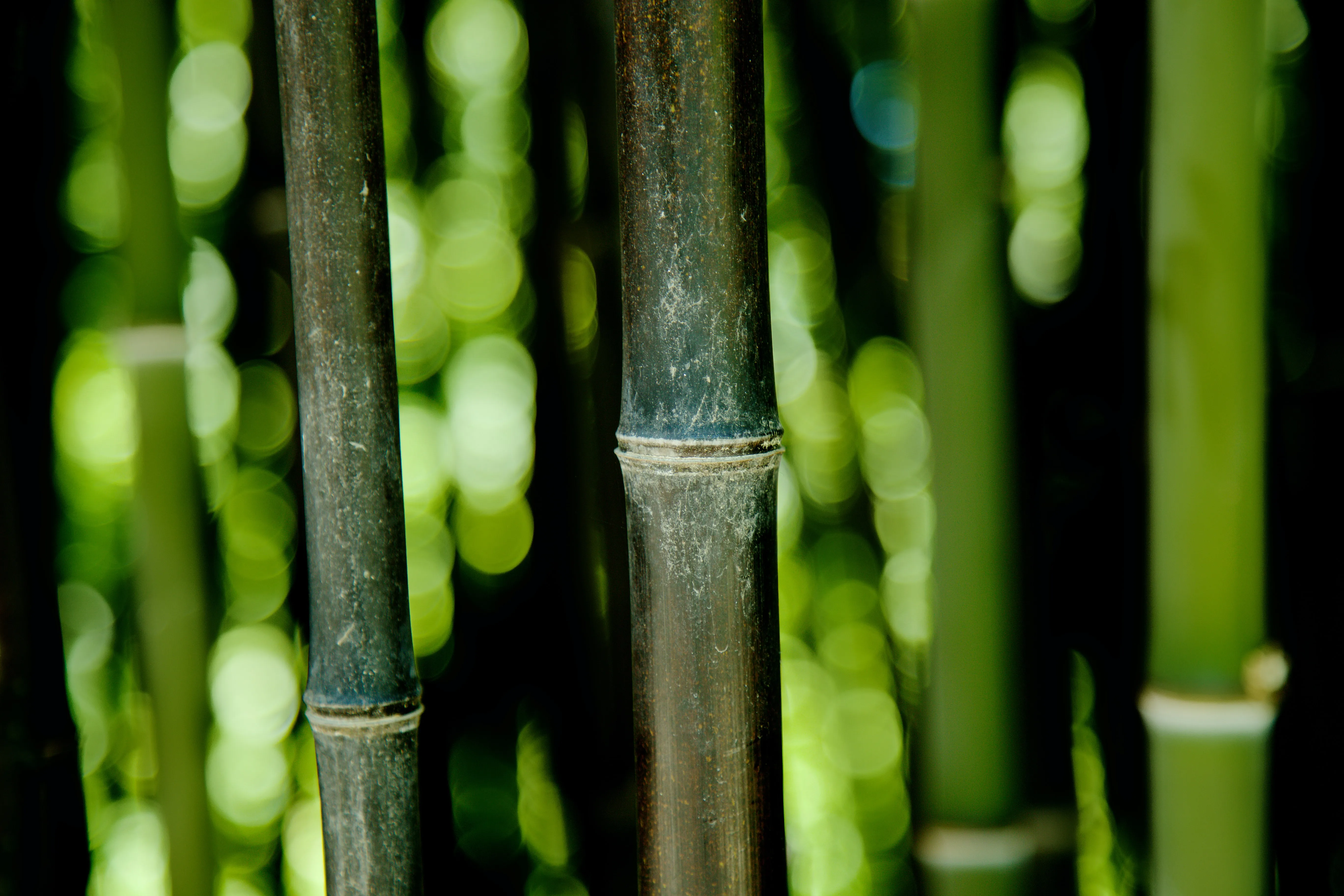
- Introduction to Bamboo
Bamboo is a fascinating and versatile plant that belongs to the grass family (Poaceae). It is known for its rapid growth, strength, and numerous practical applications.
Found in various regions around the world, bamboo has been an integral part of cultures and societies for centuries. It is celebrated for its sustainability, as it is one of the fastest-growing plants on the planet and can be harvested without causing significant damage to the environment.
From construction materials to textiles and even culinary delights, bamboo offers a wide range of uses that make it a valuable and eco-friendly resource.
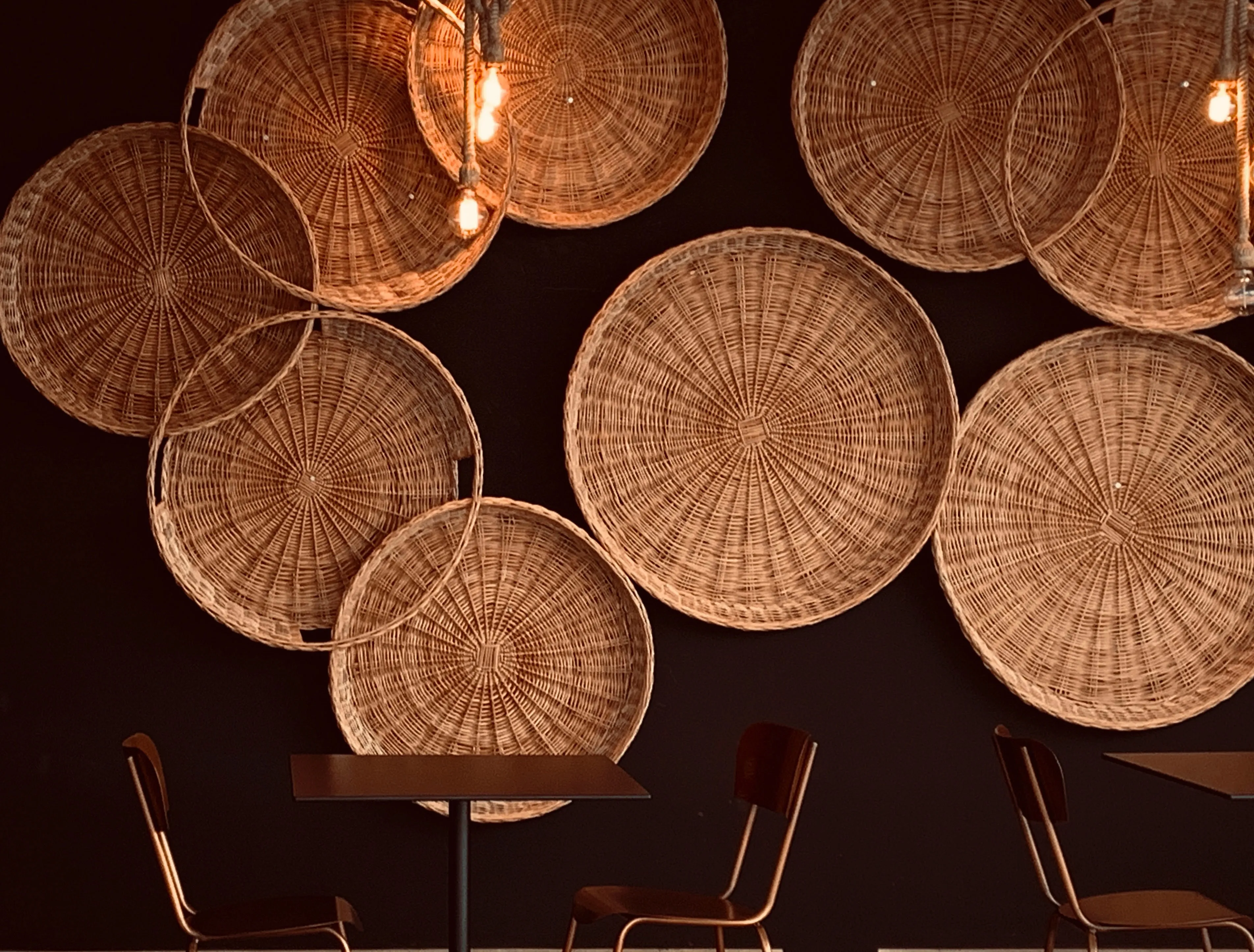
- Characteristics and Growth Patterns
Bamboo possesses several unique characteristics that set it apart from other plants. One notable feature is its incredible growth rate. Some bamboo species can grow up to 3 feet (1 meter) per day under optimal conditions, making it one of the fastest-growing plants on Earth.
Bamboo also has a remarkable strength-to-weight ratio, rivaling that of steel, making it a durable and reliable material for various applications. Additionally, bamboo has a hollow stem structure called a culm, which provides flexibility and resilience, enabling it to withstand strong winds and even earthquakes.
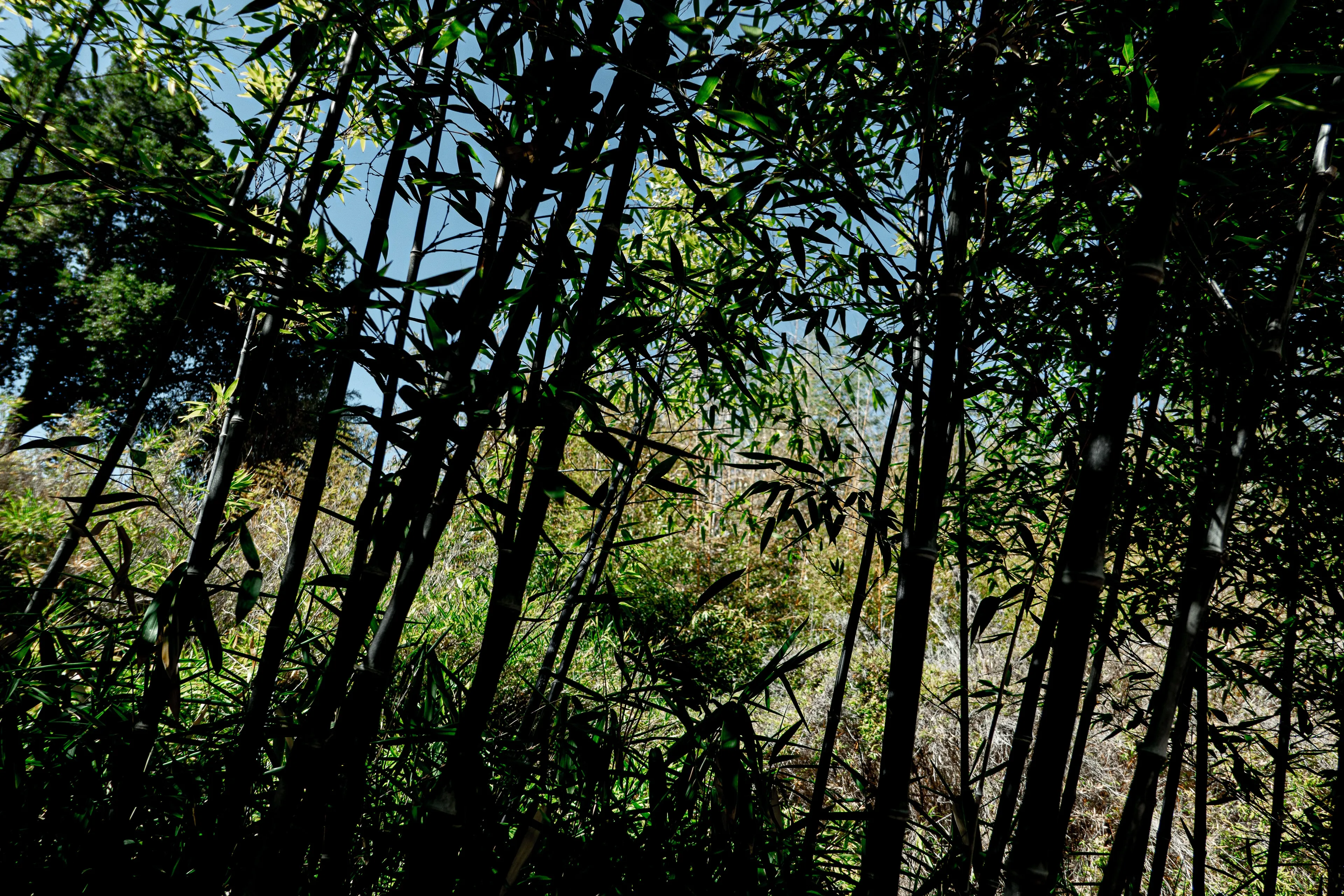
- Bamboo Species and Varieties
There are numerous species and varieties of bamboo, each with its distinct characteristics and uses. The most common types of bamboo include Moso bamboo, Giant bamboo, and Guadua bamboo, among others.
Moso bamboo, native to East Asia, is renowned for its tall culms and is widely used in construction, furniture, and even as a food source.
Giant bamboo, as the name suggests, is known for its massive size and can reach heights of over 100 feet (30 meters).
Guadua bamboo, native to the Americas, is a robust and sturdy species used in construction, particularly for building houses and bridges.
- Cultural Significance and Sustainable Qualities
Bamboo holds great cultural significance in many societies worldwide. It has been used for centuries in traditional practices, such as crafting musical instruments, creating artwork, and constructing dwellings.
The sustainable qualities of bamboo make it a popular choice for environmentally conscious individuals and industries. Due to its fast growth rate and ability to regenerate quickly, bamboo is considered a renewable resource that requires minimal water and pesticides to thrive.
Additionally, bamboo forests have a positive impact on the environment by sequestering carbon dioxide and promoting biodiversity.
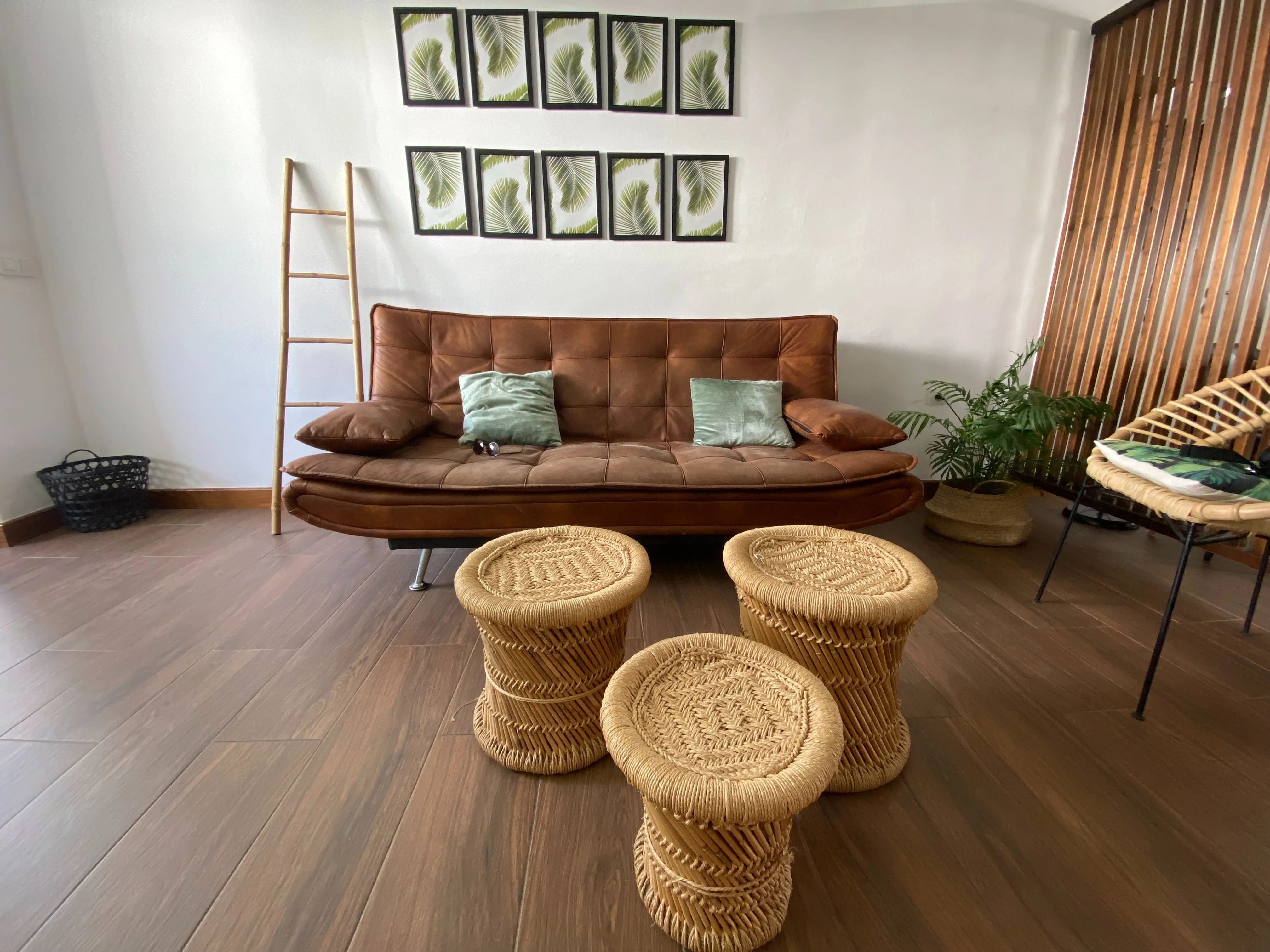
- Versatility and Applications
The versatility of bamboo is truly remarkable, as it can be used in a wide range of applications.
In the construction industry, bamboo is used for scaffolding, flooring, and even as a sustainable alternative to traditional timber. Its strength and durability make it an ideal choice for furniture, providing both aesthetic appeal and environmental consciousness.
Bamboo textiles, derived from the plant's fibers, offer a soft and breathable fabric that is increasingly used in clothing, bedding, and other textiles.
Additionally, bamboo is employed in paper production, culinary arts, landscaping, and even as a renewable energy source. The possibilities with bamboo are endless, and its adaptability continues to inspire innovative uses across various industries.
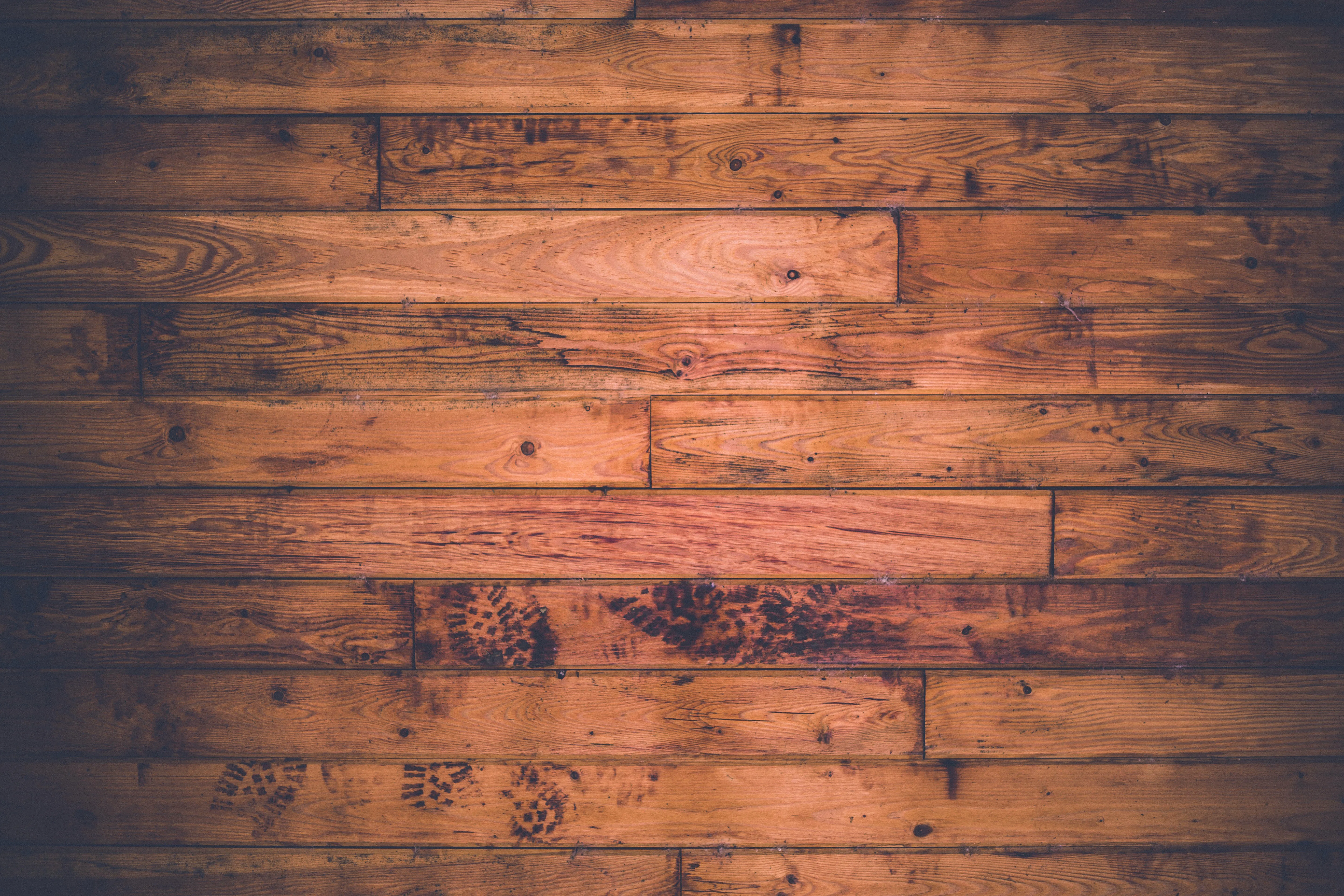
- Environmental Impact
One of the most remarkable aspects of bamboo is its positive environmental impact.
Bamboo is a champion when it comes to carbon sequestration. It absorbs carbon dioxide from the atmosphere at a higher rate compared to many other plants, making it an effective tool in mitigating climate change.
Additionally, bamboo forests help prevent soil erosion and promote water conservation by acting as natural water filters and retaining moisture in the soil.
As a highly renewable resource, bamboo requires minimal fertilizers, pesticides, and water to grow, reducing the strain on ecosystems and minimizing pollution.
Choosing bamboo products over conventional materials contributes to sustainable consumption and a greener future for our planet.
